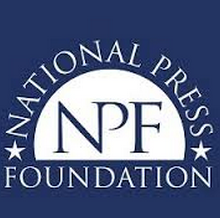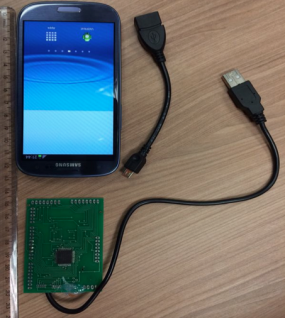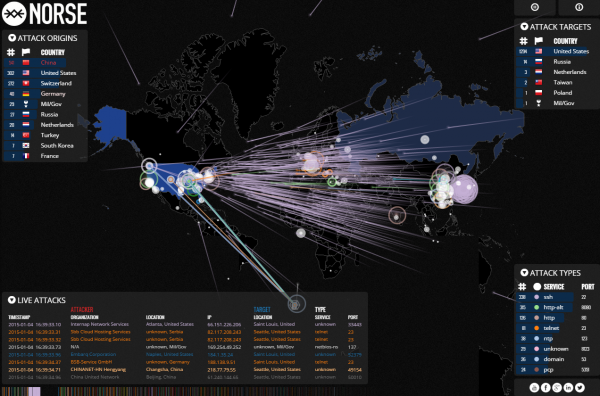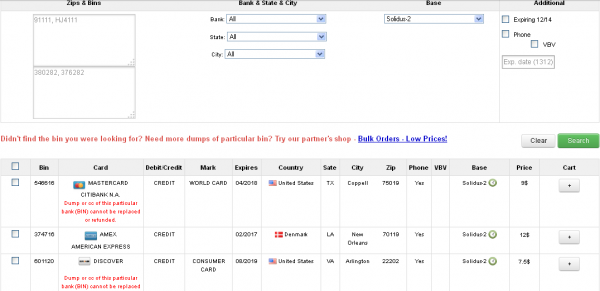Late last year, KrebsOnSecurity wrote that two huge swaths of credit card numbers put up for sale in the cybercrime underground had likely been stolen from Park ‘N Fly and from OneStopParking.com, competing airport parking services that lets customers reserve spots in advance of travel via Internet reservation systems. This week, both companies confirmed that they had indeed suffered a breach.
 When contacted by this author on Dec. 15, Atlanta-based Park ‘N Fly said while it had recently engaged multiple security firms to investigate breach claims, it had not found any proof of an intrusion. In a statement released Tuesday, however, the company acknowledged that its site was hacked and leaking credit card data, but stopped short of saying how long the breach persisted or how many customers may have been affected. A portion of their statement reads:
When contacted by this author on Dec. 15, Atlanta-based Park ‘N Fly said while it had recently engaged multiple security firms to investigate breach claims, it had not found any proof of an intrusion. In a statement released Tuesday, however, the company acknowledged that its site was hacked and leaking credit card data, but stopped short of saying how long the breach persisted or how many customers may have been affected. A portion of their statement reads:
“Park ‘N Fly (“PNF”) has become aware of a security compromise involving payment card data processed through its e-commerce website. PNF has been working continuously to understand the nature and scope of the incident, and has engaged third-party data forensics experts to assist with its investigation. The data compromise has been contained. While the investigation is ongoing, it has been determined that the security of some data from certain payment cards that were used to make reservations through PNF’s e-commerce website is at risk. The data potentially at risk includes the card number, cardholder’s name and billing address, card expiration date, and CVV code. Other loyalty customer data potentially at risk includes email addresses, Park ‘N Fly passwords, and telephone numbers.”
The Park ‘N Fly homepage now includes a conspicuous notice stating that the Web site is temporarily unable to process transactions and directs customers to a 1-800 for reservations.
Reading the Park ‘N Fly disclosure made me wonder if anything had changed over at OneStopParking.com, a Florence, Ky.-based competitor that KrebsOnSecurity reported Dec. 30, 2014 as the likely source of another e-commerce breach. Reached via phone this morning, the site’s manager Amer Ghanem said the company recently determined that hackers had broken in to its systems via a vulnerability in Joomla for which patches were made available in Sept. 2014. Unfortunately for OneStopParking.com and its customers, the company put off applying that Joomla update because it broke portions of the site. Continue reading
















